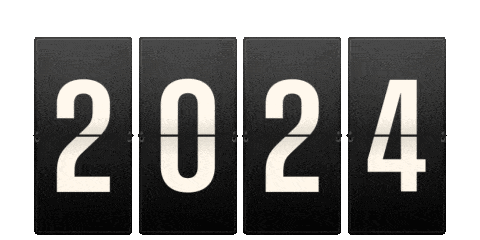Animation by Tomasz Czajka / For The Times; photographs by Jason Armond / Los Angeles Times and Fox
- Share via
“Lucky there’s a family guy,” a chorus of friends, neighbors and relatives sing about the lunkhead Peter Griffin in the razzle-dazzle opening of each episode of “Family Guy” — more than 400 and counting.
This animated sitcom produced for Fox by 20th Television Animation about a none-too-typical household in suburban Rhode Island — father, mother, son, daughter, talking baby and talking dog — has recently celebrated an astonishing 25 years on the air. And from the moment it debuted in 1999, following Super Bowl XXXIII, “Family Guy” has endured with the help of a uniquely subversive sense of humor and, yes, a bit of luck.
“Family Guy” began as the brainchild of Seth MacFarlane, now 50, who imbued the show with its pop-cultural bona fides, iconic musical numbers and a desire to satirize every social convention that Americans hold sacred. MacFarlane, who performed many of the characters (including the hapless Peter, the maniacal baby Stewie and the erudite dog Brian), was joined by Alex Borstein (as faithful wife Lois), Seth Green (socially maladroit son Chris) and Mila Kunis (perpetually scapegoated daughter Meg).
The 1999 Project
All year we’ll be marking the 25th anniversary of pop culture milestones that remade the world as we knew it then and created the world we live in now. Welcome to The 1999 Project, from the Los Angeles Times.
Having survived not one but two cancellations in its earliest seasons — “Family Guy” was revived thanks to its success in reruns on Cartoon Network’s Adult Swim block and strong DVD sales that bolstered its cult following — the Fox series has become an institution of both animation and comedy. Under its showrunners, Rich Appel and Alec Sulkin, “Family Guy” continues to carve out its own indelicate but undeniably funny path on Fox, FXX and Hulu. (To quote one representative bit: While visiting an internet company in Silicon Valley, Peter asks its chief executive, “Where’s your nearest bathroom?” “Gender fluid?” says the executive. “Yes,” Peter replies, “there will be a lot of that.”)
After a quarter-century, the stars of “Family Guy” are now just as famous for their extracurricular activities: MacFarlane is a prolific producer, actor and singer, and Borstein is a two-time Emmy winner for “The Marvelous Mrs. Maisel.” Green and Kunis have their own thriving film and TV careers and children of their own. Yet they and their “Family Guy” collaborators remain intensely loyal to this show, which they still consider the best job they ever had.

“Family Guy” is celebrating its 25 years with a live table read as part of PaleyFest L.A. on Friday, and its season finale airs on Wednesday. Earlier this month, MacFarlane, Borstein, Kunis, Green, Appel and Sulkin gathered at the Fox Studio Lot to reflect on their history with “Family Guy,” and to affectionately tease and taunt one another as only family members can. This conversation has been condensed and edited for clarity.
Seth MacFarlane, you were not even 25 years old when you created what would become “Family Guy,” and that irreverent, rebellious sensibility continues to permeate the show. Do you still feel connected to your 25-year-old self?
Seth MacFarlane: For somebody who hasn’t worked directly on the show in 15 years, absolutely. A lot of that credit has to go to Alec and Rich. When you build a show, you build the tone and you establish what it is, and you leave, oftentimes it can go so far south. That has not happened with this show. These folks have maintained its integrity.
Mila Kunis: Oh, look at that, you got a compliment!
Alec Sulkin: First I’ve heard of it.
Rich Appel: To be clear, I only hitched my wagon to this once it was a runaway success. I can’t speak of the early years when they were figuring things out, when they were getting canceled. We have a really talented group of writers and they all just really know what they’re doing now.
The line, always, between something that you think is stupid or unfunny or something that might even be offensive, versus something that is edgy and original is so thin that if you trust the people you’re around, you go there. There are writers in that room who have been there for 15 years, even more, so there’s no embarrassment and it’s a very free-for-all environment.
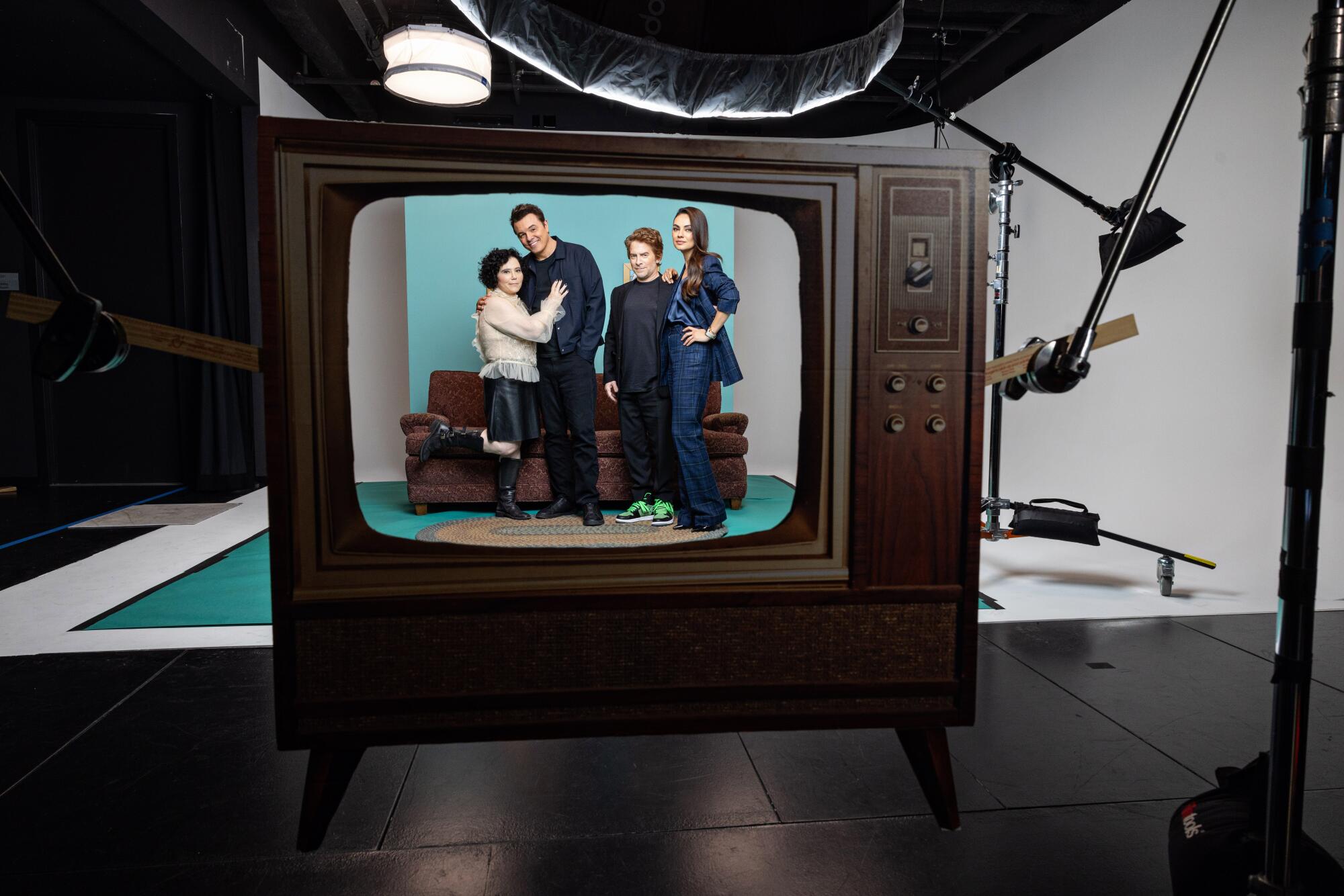
For the other members of the cast, what do you remember about when you were approached to work on “Family Guy”? Did it feel like a show that would last 25 years?
Alex Borstein: It was sketch comedy mixed in with a sitcom and it was so dense. Each episode had so much in it, and I just knew it was special and weird and made me laugh out loud, throughout. But I had no idea it would be 25 years. None whatsoever. [to MacFarlane] Sorry. Not that I didn’t trust you.
MacFarlane: I didn’t either. I prayed to God every night that it would be 10 years and out.
Seth Green: When I read the script, I had the same experience. I laughed out loud. It felt like someone had taken things that I thought were very special and funny and translated them into a show. And I couldn’t believe it, that someone had written this. I couldn’t believe I got to audition for it. I was like, I’m going to try to get this job.
Kunis: Somebody else was doing the voice of Meg. So said person left the show. I was on [“That ’70s Show.”] And [Fox says], “There’s an audition for this show that hasn’t aired yet.” Unlike these professionals, I didn’t read the script.
Green: She was still in school.
Kunis: I was in ninth grade. I kept getting told that I speak too fast. And I don’t enunciate and I can’t say half the words in the English language to this day. [Kunis, whose first language is Russian, was born in the former Soviet Union, in what is now Ukraine.]
MacFarlane: What was the word? Electricity. This went on for years because what I’m hearing is “EH-lec-tricity” with the accent on the first syllable.
Kunis: [demonstrating] EH-lec-tri-city.
MacFarlane: E-lec-TRI-city.
Kunis: E-lec-TRI-city.
MacFarlane: Well, that’s different than what you said before. It’s like the worst Abbott and Costello routine.
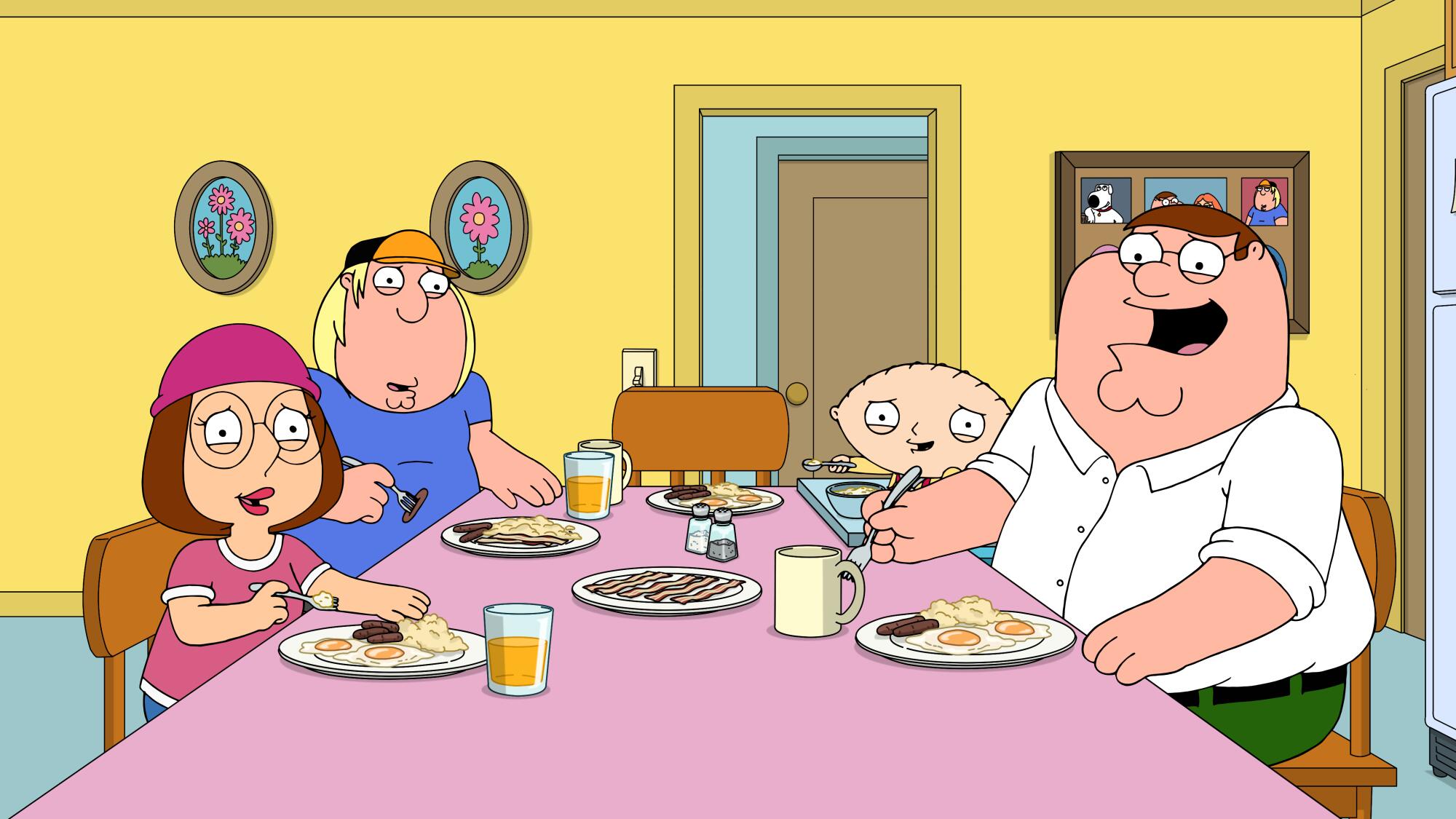
How did you handle its cancellation?
Green: I was devastated. I made sure I had every episode on VHS and I forced other people to watch them. We sat and watched all these episodes, and I was like, man, I got to make this. This actually existed.
Appel: I remember being [a writer] at “The Simpsons” and I thought, good riddance. There’s only so much nipping at your heels you can really indulge.
MacFarlane: I had nothing to compare it to because it was the first show I’d ever pitched, and it got picked up. I thought, “Oh, I guess this is normal.” Which it certainly was not. When I got canceled, I was like, “OK, I guess this is normal too.” But it wasn’t like they’re kicking you to the curb. It was, we still want to be in business with you. My deal [with 20th Television Animation] never expired over those two years. It was about to expire and then they picked up the show again. So I was like Mr. Magoo driving that jalopy. Does everybody get that reference?
Green: Real luck comes when preparedness meets opportunity. There was no point where you were unprepared for the opportunities that came your way.
We live in a time where audiences have more outlets than ever when they want to express their outrage at something. How does “Family Guy” maintain its irreverent, damn-the-torpedoes sense of humor in the face of this?
MacFarlane: I was about to make a joke about the fact that, well, they’ve just caved to popular opinion and it’s worked great. But I really do think that’s not what most people are thinking when they watch “Family Guy.” Audiences can smell the difference between social media virtue signaling and real offense. If it’s real offense, you didn’t get away with the comedy. One of the things that “Family Guy” has really tried to do every step of the way is to look at every joke and say, “OK, if we were called on the carpet, could we defend this in an intellectual way, and say, this is the point we were making?” There’s an earnestness to that approach that I think has created sort of a shield around the show that continues to this day.
Appel: Echoing Seth, because he’s the most important person here, I actually think that the 25 years of “Family Guy” is the counterargument to the perceived tenderness of sensibilities. People don’t complain about our show, and they watch it more on Hulu and secondary platforms. It continues to find new audiences. I think that’s a big argument that maybe people aren’t that sensitive, and maybe people can understand satire, and to do that, you have to throw a few elbows.
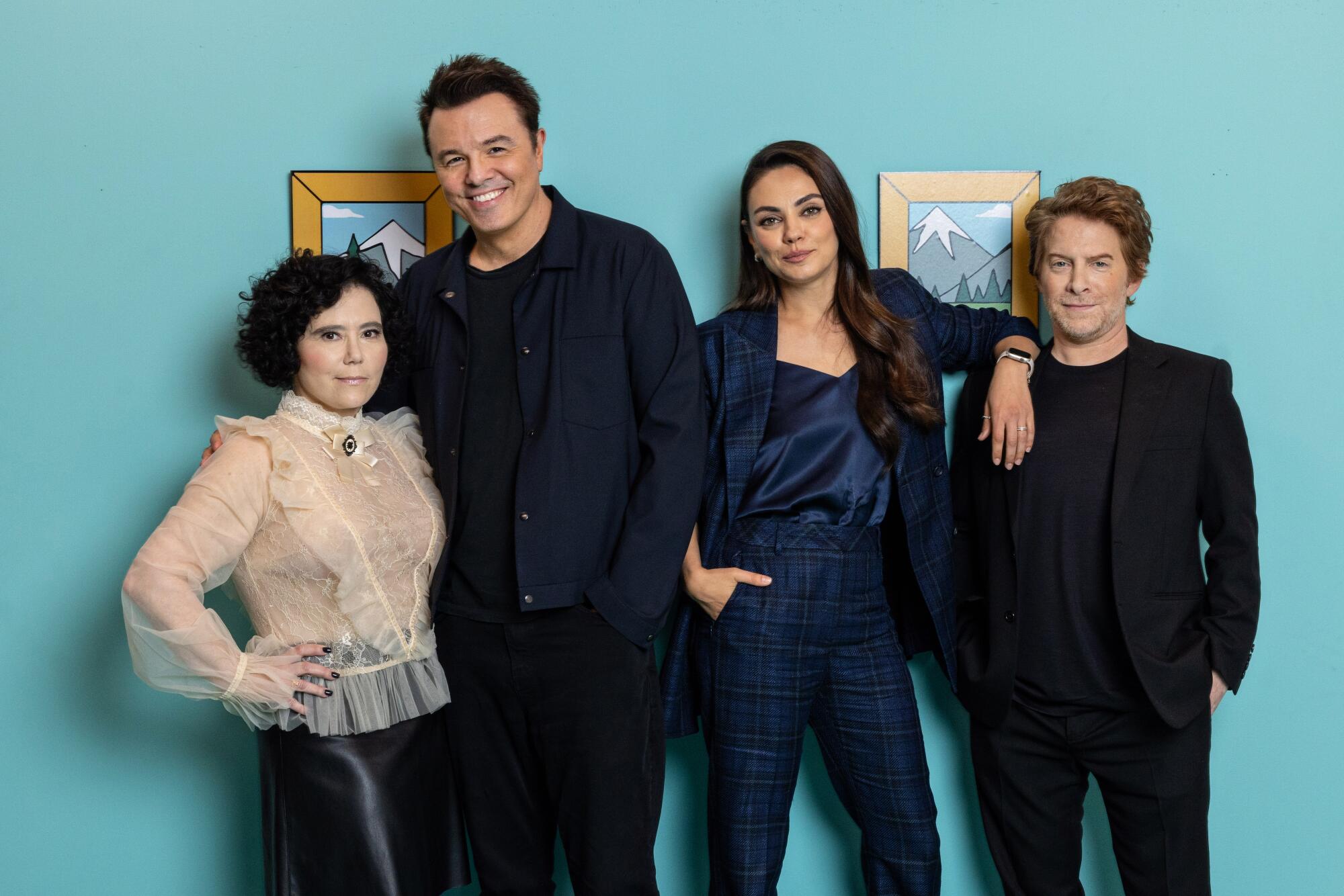
For Alex and for Mila, as women, do you feel you can go to your male colleagues and ask for changes if you are presented with material that bothers you?
Borstein: I worked in the writers room for most of the show, and maybe I was the filthiest person in the room. My thing was always like, as long as it’s funny, it’s worthwhile doing it. If it’s funny, it’s a joke. If it’s not, it’s just vicious. I would never refuse to do something — I would maybe pitch: “Oh, what about this? How could I do it better?” [To Sulkin] But I’ve occasionally texted you and not about me. I’ll be like, “Are we really doing that with that character?” And he’d be like, “Yep, shut up.” [Laughter.]
Appel: Then he’ll text me, “You know who’s being a real pain in the ass today? Are you recording her or am I?”
Kunis: I think I find most things funny. I would say I’m very hard to offend. So I’m the wrong person to ask. I find all of this funny. I read the script for the first time during my recordings.
Appel: [in mock surprise] What?
Kunis: Shocker.
MacFarlane: By the way, that does make two of us.
Appel: Mila gets into the booth and she’s on her phone. She’s like [pretending to scroll], “Yeah. Hold on. Hold on. Hold on. That’s about the kids. OK, here it is. Script. How I make money. OK, let me read this.”
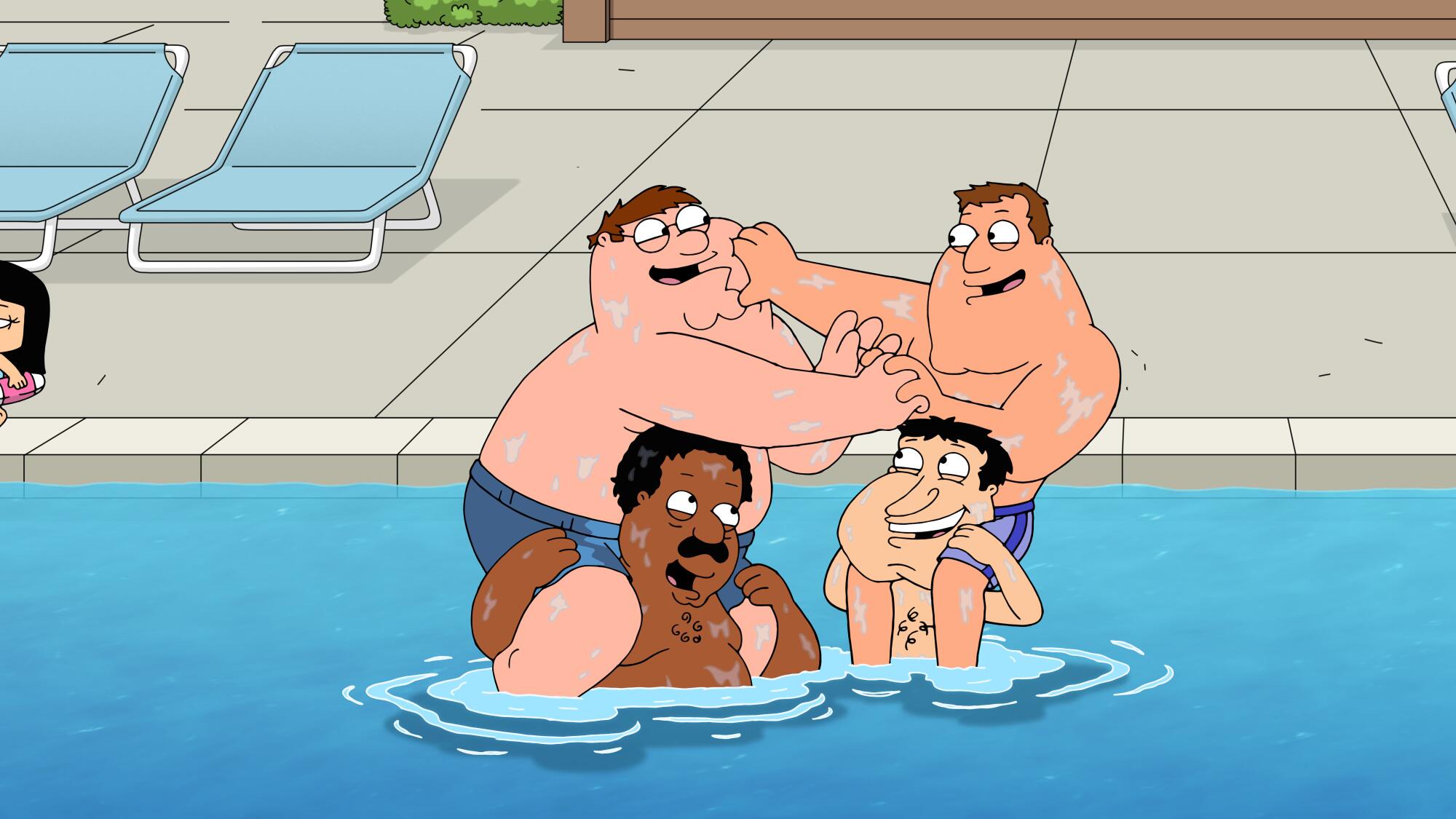
“Family Guy” has been making more of an effort in recent years to cast actors whose races and ethnicities match the characters that they’re playing. Was that a hard lesson for the show to learn?
Green: When you’re making a show for a budget, every single character costs money. And sometimes you have a specific allowance for your whole cast. And oftentimes …
MacFarlane: Well, this is going to go over well on social media.
Green: In a lot of cases, each actor that gets brought on the show is offered the opportunity to play three different roles. We were all in the habit of being able to fill in those spots. We all became increasingly aware of the importance of actual, authentic representation and never some kind of implied appropriation of anything in someone else’s performance. That’s something that has evolved as everything does when you learn something new.
Appel: A smart actor?
Green: It’s industrywide, though, and I think that’s a positive thing. You only know what you know when you know it. You can look back and say, “How did we not know this before?” But it’s too easy to do that. Right now, we are all becoming aware of things and trying to evolve.
Appel: [pointing to anniversary logo] And that’s because the show’s been on for 25 years. And if you look …
MacFarlane: I thought you were pointing to God.
Appel: No, I know who pays me. I’m not pointing to God. The 25 years of social assumptions and cultural movement, we live in those times. You can’t necessarily look at anything 18 years ago, or 15 years ago, and think that’s what would fly today. The show also evolves as the decades move on.
The internet has wholly embraced “Family Guy” and its jokes are perpetuated through memes, GIFs and TikTok videos. Does that have any impact on how you make the show now?
MacFarlane: I don’t know that it influences the structure. The show is the show and that has not changed over 25 years, but it almost seems as if the show was made for TikTok. The cutaways that were, in some cases, maligned, but are the hardest things to write, to go in and essentially write a Gary Larson “Far Side” panel how many times a day —
Green: [narrator’s voice] Gary Larson was an American artist who popularized a single-panel cartoon that could be visually absorbed in a tableau.
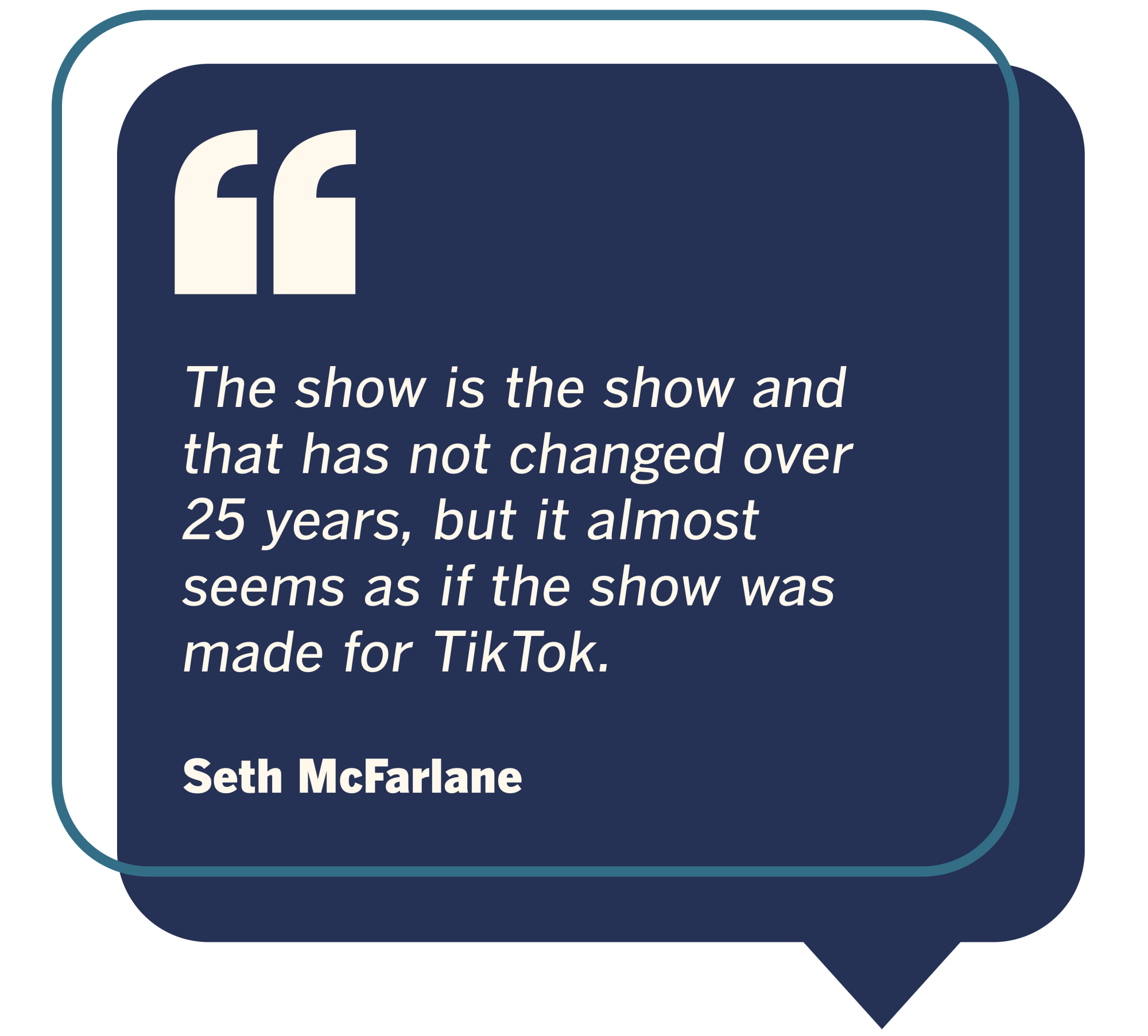
Appel: Bookstores were often brick structures where such books were for sale.
MacFarlane: — that had to have a beginning, middle and end, in the space of anywhere from three seconds to 15 or 20 seconds. And that was something that we were doing in 1999 and the early 2000s. Now, they just fit right in like a glove. I don’t think it’s changed the show. I think in many ways it’s validated the structure.
Green: When I was growing up, all the Warner Bros. cartoons, [like] Bugs Bunny, they all used classic movie references in their design, they used classical concertos in their score. I learned all of these very sophisticated, intelligent concepts through the cartoons.
If I so much as find myself in a Target, I can’t help but think of Stewie working in the pizza area while a Muzak version of the song “Thunder Island” plays in the background.
MacFarlane: What’s the pizza area?
Sulkin: [stage whisper, to MacFarlane] We did a joke about it on the show.
MacFarlane: I have no idea what you guys are talking about.
Sulkin: We used it in an episode where Stewie and Brian go to that garbage island.
MacFarlane: Has that aired?
Appel: Six years ago.
Kunis: Quick question: How come no one corrected him on Muzak? Why was that allowed to happen?
Borstein: Muzak is different than music.
Kunis: What? [Laughter.]
MacFarlane: Are you serious?
Sulkin: It’s like when you hear music in an elevator, that’s Muzak.
MacFarlane: [to Kunis] How many years have you been in this country?
Kunis: It doesn’t matter! Who here knew Muzak? [Several panelists and members of the production crew raise their hands, as Kunis then counts off.] One, two, three, four, five —
Appel: Everyone knows what Muzak is!
Kunis: Not everybody! Never heard the word Muzak. Never heard of it. Now I’m going to use it all the time. I’m going to walk in an elevator and be like, “Babe, check out that Muzak.”
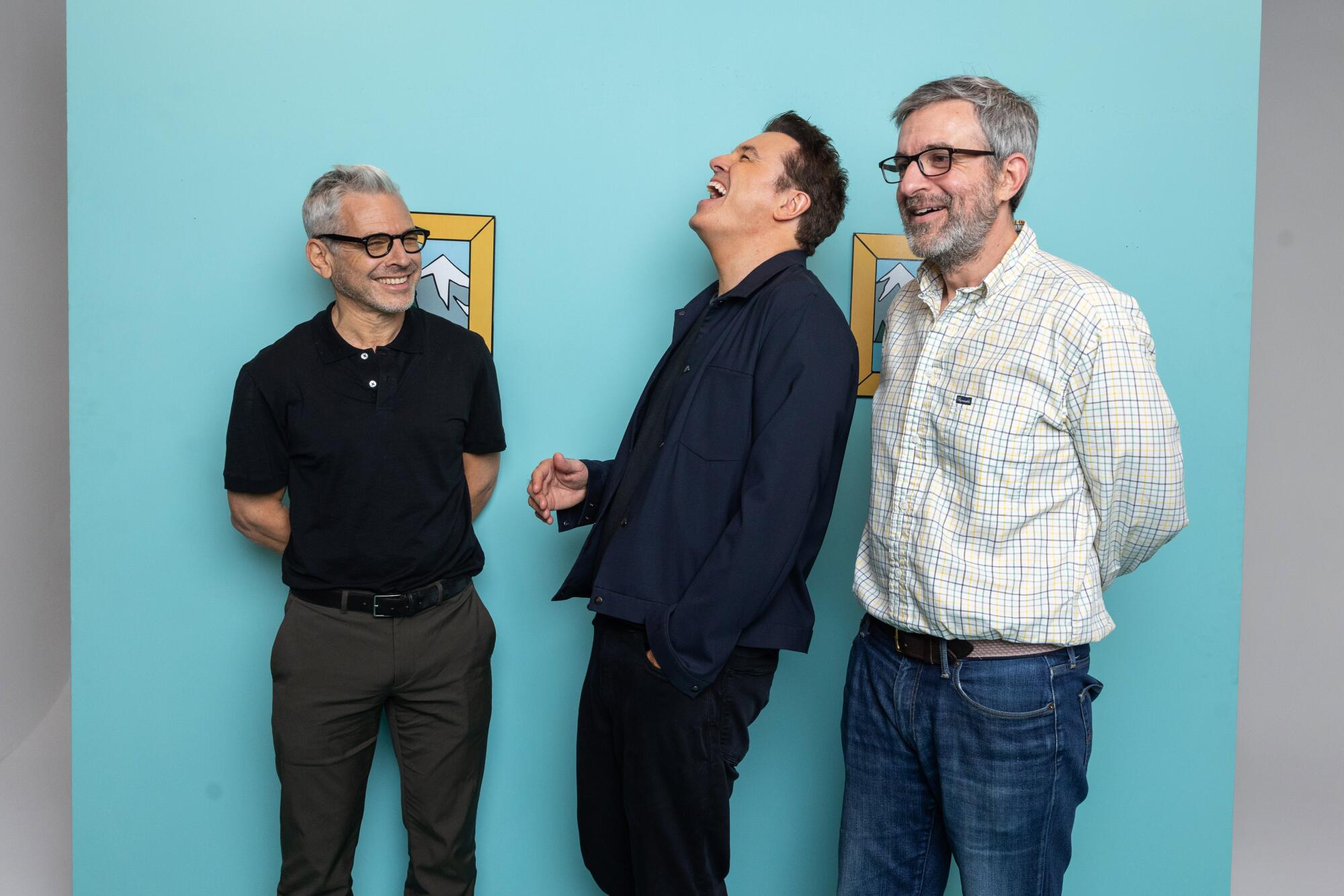
Your individual portfolios as actors and performers have expanded well beyond the show now. What keeps you coming back to “Family Guy”?
Borstein: Contract. [Laughter.] I mean, it’s the greatest gift I’ve ever been given in my life.
Green: It’s the best job ever.
Kunis: Greatest job of all time.
Green: Since they started doing the table reads on Zoom, I’m able to attend a lot more of the table reads.
Kunis: I do too.
Sulkin: You do two. Literally, two. T-W-O. [Seth Green] was doing a table read and you were just walking around in the back at his place.
Kunis: I was playing with the baby!
Appel: Mila sent word late that she couldn’t attend so we had someone play the part. As Alec describes, in the background of his square, there’s Mila bouncing his baby, walking back and forth. Her other commitment was babysitting for Seth Green.
Kunis: True story. I was like, “It’s fine, I’ll go play with the baby.” [Laughter.]
Borstein: I like the whole culture of the show. If someone spots me on the street from it, they’ll just shout out, “Diarrhea!” Or, “Who wants chowder?”
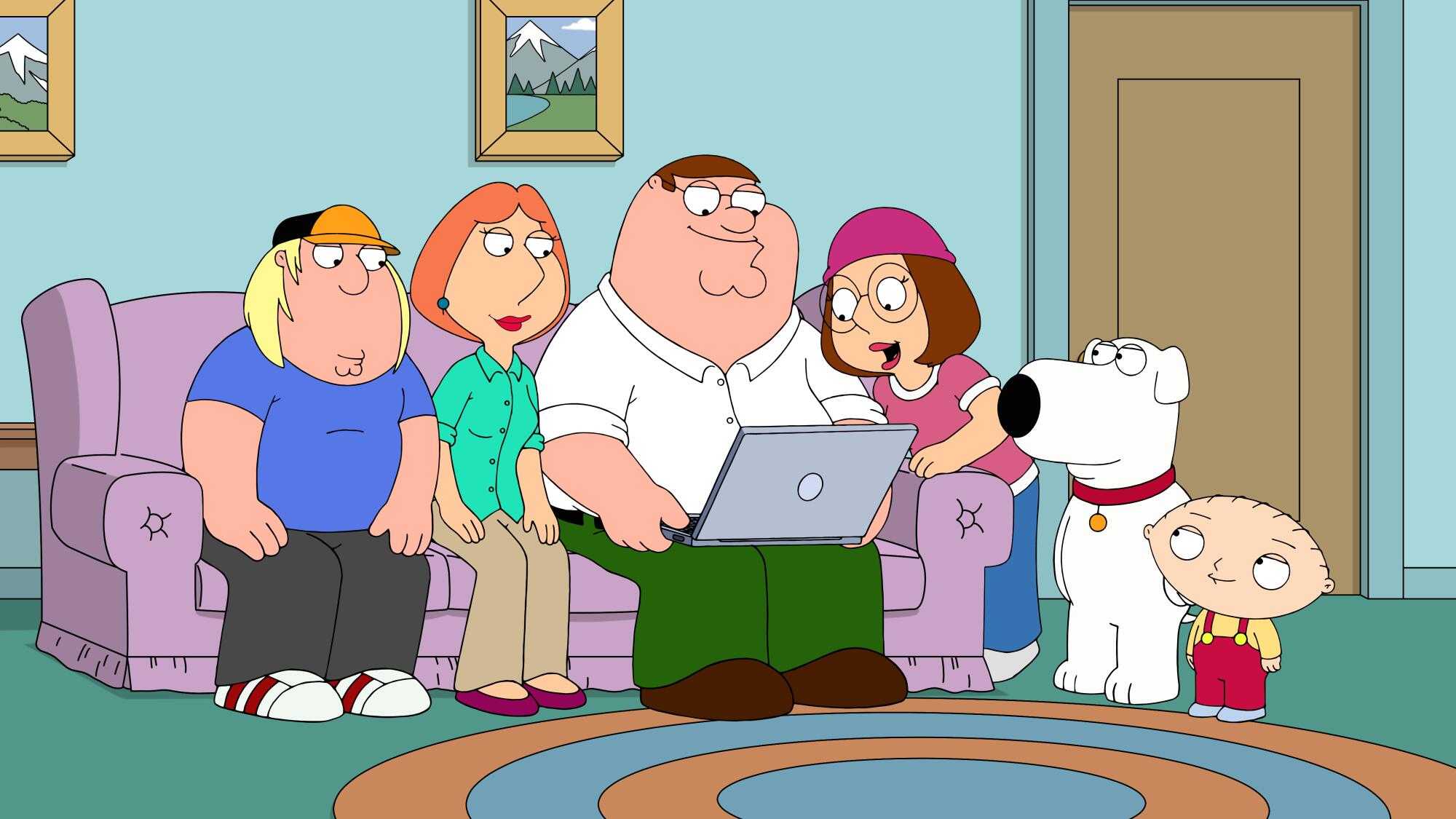
Is there any reason why “Family Guy” couldn’t last another 25 years?
Appel: [to MacFarlane] Why not indeed, Seth?
Kunis: It all lands on him.
Sulkin: It’s this guy’s vocal cords. That’s what we’re all concerned about.
MacFarlane: Look, recording long hours in a booth is different now than it was when I was 24.
Appel: Or even the 40 minutes it takes you.
Sulkin: I was going to say 30, but you’re generous.
MacFarlane: Screaming into a mic for long stretches with the Carter Pewterschmidt voice, the Quagmire voice, the Seamus voice. They’re all —
Borstein: And he’s a Grammy Award-winning singer.
MacFarlane: Nominated, nominated, nominated. Never won. Hoping.
Borstein: Ooh. Why did I bring that up?
Kunis: Didn’t we just record that gag? We just recorded it. Do you know this gag? It’s funny. Oh, but it’s making fun of you. But it’s really funny.
MacFarlane: Let me be surprised. I mean, there was a time when I said, “Hey, let’s wrap it up while we’re going strong,” and —
Appel: And we’re still not strong. So he can’t quit.
MacFarlane: At this point, I don’t see a good reason to stop. People still love it. It makes people happy and it funds some good causes. It’s a lot of extraneous cash that you can donate to Rainforest Trust and you can still go out to dinner that night. There was a time when I thought, it’s time to wrap it up. At this point, we’ve reached escape velocity. I don’t know that there’s any reason to stop at this point unless people get sick of it. Unless the numbers show that people just are, “Eh, we don’t care about ‘Family Guy’ anymore.” But that hasn’t happened yet.
Borstein: I feel like every time we have a table read or recording, I’m laughing. For me, that’s my litmus test, if I’m still laughing at the scripts, if there’s three out-loud laughs. Because we’ve all been reading and doing comedy for so long. There’s not many guffaws left.
Green: I’ve been on so many things that got canceled, it’s really just a thing I’ve come to absorb. But I would be so sad if ever there was a reason for this to stop because it is endless amounts of fun.
Appel: And I’ve had a successful career and I would be sad too.
Borstein: [indicating Kunis] Like I said, I met her — she was 15½, she was getting a driver’s permit, talking about driving for the first time. And now we have a child the same age. Hollywood is f— weird.
More to Read
The complete guide to home viewing
Get Screen Gab for everything about the TV shows and streaming movies everyone’s talking about.
You may occasionally receive promotional content from the Los Angeles Times.

